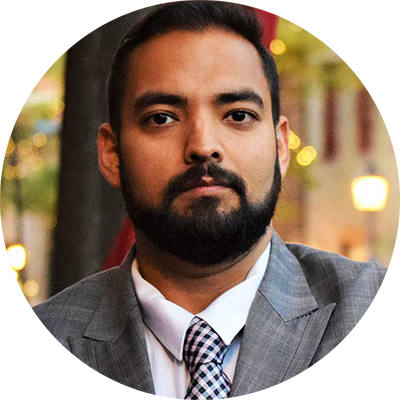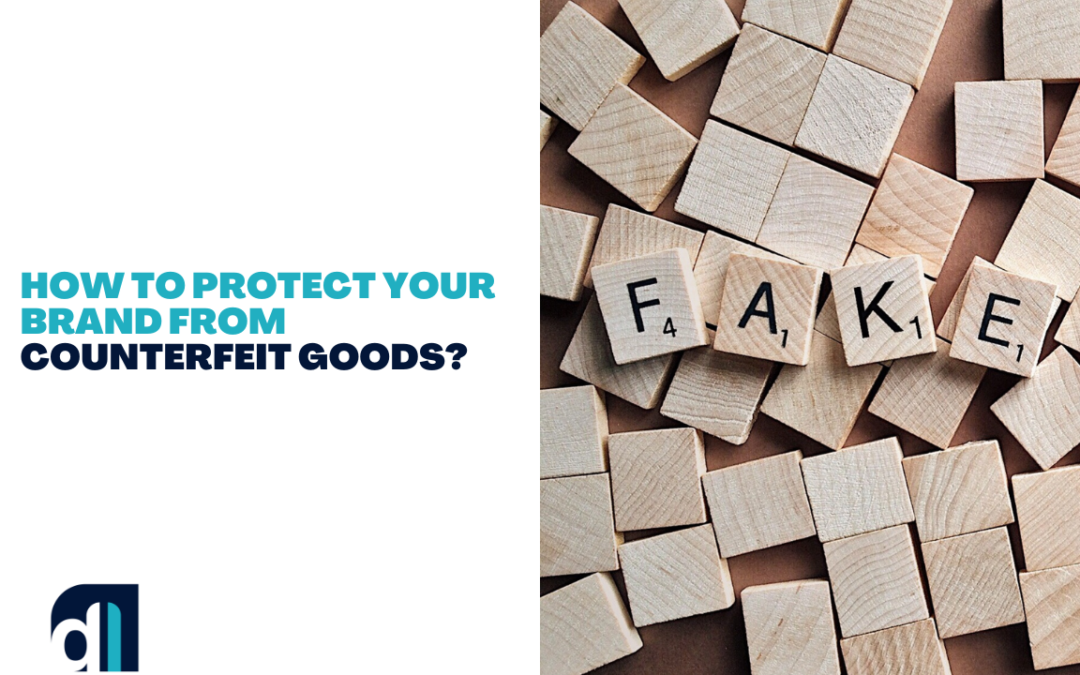The fierce competition and influx of technology have eased the process of goods production and distribution. However, it has also increased the risk of malpractice. The major risk comes from the counterfeit goods which not only devalue your brand but also pose a threat to your consumer’s trust and safety. The impact of counterfeiting is immense in the long run and therefore, it becomes imperative to protect your brand from the get-go.
In the physical world, the border control department affords you protection when counterfeit goods are being brought in or taken out of the country, however, it is different in the virtual world. Counterfeiters have a relatively easy time to sell such goods online. So how can you protect yourself against them? This blog will discuss how intellectual property law can assist in brand protection.
What are Counterfeit Goods?
Counterfeiting is the act of making replicas of original products by copying the design and the name of the product without seeking permission from the owner. This not only infringes the intellectual property rights of the brand but also dilutes its reputation and serves as a threat to consumer trust and safety.
To protect one’s business from such dangers, applying for intellectual property protection is the basic step. In this way, you will be able to claim the violation of your rights against any counterfeits of your brand.
Types of Intellectual Property Protections
Typically, you have four types of anti-counterfeiting protections in the field of IP. We shall discuss each one below:
Trademark
Trademark is the best line of defense against counterfeiting as it safeguards the unique identity of the brand i.e. its name. It protects symbols, logos, words, and phrases, present in the brand’s name. It is a way to distinguish one brand from another.
By registering your trademark with the USPTO, you get exclusive rights to your brand’s identity and no other individual in the marketplace can replicate your unique style or profit off of your reputation. When tackling the issue of counterfeit products, trademark is an excellent tool to reinforce your ownership over your brand through legal channels and suppress counterfeiting activities. In this way, not only can you seek damages for any harm or loss caused to your brand but also deter others from even thinking about infringing upon your rights.
Copyright
We live in a digital world where creative ideas and work are present in innumerable quantities. This also means that they are prone to the acts of counterfeiters. Copyright is the adequate solution in this regard as it protects the original creative work, whether it be literary work, music, or artwork. Acquiring protection under this umbrella means that the owner is the rightful legal owner of the work and no part of it can be reproduced or distributed without prior authorization.
Whether it is a fashion house or a music company, copyright protection is a must for them since they are involved in a business which deals with creative work, making them more susceptible to counterfeiting.
Patent
A patent protects innovations from being recreated through the same design and mechanism. A patent holder has the license to their innovation which they can distribute if they want their product to be recreated. An example of this is pharmaceutical companies that are involved in the research and development of new medicines, and so this form of protection is incredibly crucial for them. It grants them protection from illegal counterfeiting of their products and their distribution.
Trade Secrets
Trade secrets are another way to protect your brand from counterfeit activities. Trade secrets pertain to safeguarding the confidential data of a business, which can include manufacturing process, customer data, and any other information that is sensitive to a brand’s identity and grants them an edge over the others. Counterfeiters are always vying for such information so that they can illegally replicate a brand’s products and sell them the way the original brand does by using confidential information.
How to Protect Your Business from Counterfeiters?
Now that you have understood the different forms of legal protection available to you, we shall now see what avenues you have to enforce those rights if an infringement occurs. Before you decide on which route to take, you must judge all the options based on what would be more beneficial in your circumstances.
1. Filing Lawsuit
Enforcing your rights through court is a powerful option however should only be sought if the outcome outweighs the risks and expenses of litigation.
The judicial process requires you to prove the counterfeiting activity against your brand which has misled the customers into believing the counterfeit goods to be yours and caused considerable losses to your brand. Courts can order to halt the counterfeit activities against your business as well as force the guilty parties to compensate you in the form of paying damages and the expenses incurred during the whole litigation process.
Although the advantages are immense, the whole ordeal ultimately needs to be weighed out against the disadvantages which include time consumption, costs of litigation, and most importantly, the likelihood of success.
2. Registering your IP
The best protection is one which is carried out in advance. If you are a business that has recently started, don’t procrastinate about registering your IP rights with the USPTO. You will be able to enforce your rights through these registrations in the future in case of counterfeit activities but it will be difficult to do so if you have no registrations.
3. Monitoring the internet
Constantly monitoring the internet for potential infringers and counterfeiters is also a way to enforce your rights. Keep a regular check on the market for goods bearing your trademark and trade dress. You can hire monitoring services which can efficiently and diligently do the job for you.
4. Strengthening the Supply Chain
Counterfeiters take advantage of supply chains with loopholes. Ensure strong supplier contracts and maintain traceability in your supply chain to prevent any form of weakness that could be exploited by counterfeiters.
Conclusion
Counterfeit has spread like a viral disease in the commercial world, especially in e-commerce. With the rapidly growing world of trade and commerce, counterfeit activities have equally expanded their operations. Businesses require legal protection to peacefully expand their horizons which the field of intellectual property adequately covers.
It is important that you, as a brand owner, avail the protection provided to them and be prompt about it. You can seek out the services of an experienced attorney who will look after all your IP concerns. Book a free consultation today with Drishti Law to learn how our experienced principal attorney can help you with your concerns about counterfeiting. We provide a variety of services that can meet the specific legal needs of your brand.

Sahil Malhotra
Sahil Malhotra is an Intellectual Property Attorney, who founded Drishti (“vision”) law because of his vision in protecting dreams and ideas.
He provided individuals and small businesses with an opportunity to enhance their IP’s value by helping them register trademarks and successfully argue against office actions. In addition to his training and experience, he has been deeply involved in the multifaceted IP portfolio at UIC and continues to be associated with IP organizations and conferences.
To know more about Sahil Malhotra — Click Here
You may follow Sahil Malhotra on Facebook: Sahil Malhotra and on Instagram: @Sahil Malhotra

